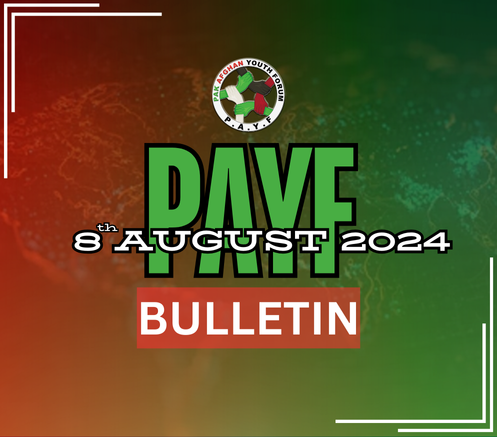Afghanistan’s economy is showing modest signs of growth after two years of severe contraction, the World Bank said.
In its latest development update issued late Wednesday, the financial institution reported that private consumption drove a modest GDP growth of 2.7%. The partial recovery, coupled with falling food prices, helped to gradually improve household welfare.
Before the IEA returned to power in August 2021, Afghanistan’s economy relied heavily on foreign aid and corruption was rife. Their takeover three years ago sent the economy into a tailspin. It froze billions in international funds. Tens of thousands of highly skilled Afghans fled the country, taking their money with them.
Afghan’s exports remained stable in 2023-24 but imports surged, creating a widening trade deficit, according to the World Bank. This deficit, exacerbated by dependence on imports for essential goods like fuel, food and machinery, could pose a risk to the country’s economic stability.
Faris Hadad-Zervos, the World Bank’s country director for Afghanistan, said that Afghanistan’s economy has shown modest growth. However, long-term growth prospects require tapping into the substantial potential of the domestic private sector. Improving the overall business environment is also essential.
Hadad-Zervos said, “Increasing investment, providing access to finance for small businesses, and supporting educated and skilled women entrepreneurs are key to ensuring their businesses thrive. Without this, the country risks prolonged stagnation with limited prospects for sustainable development.”
Also See: Afghanistan Exports Goods Worth $667 Million in First Six Months
Afghan Women Medical Training Ban
The update comes days after media reports that the IEA have ordered educational institutions to stop providing medical training to women and girls. The IEA have neither confirmed the order nor responded to the reports.
On Thursday, the head of the U.N. children’s agency UNICEF expressed deep alarm over the reported restrictions.
UNICEF was determining the veracity of these differing accounts and welcomed efforts to address the issue, said the agency’s executive director Catherine Russell.
She added that if confirmed, the ban would immediately halt the medical education of thousands of women. It would also jeopardize women and girls’ access to health care.
“It would not only further limit the ability of women to contribute to society and earn an income but would also have far-reaching consequences for the health of the Afghan population. Lives would be lost,” she warned.
This news is sourced from [AP News] and is for informational purposes only.

![Afghanistan's economy shows modest signs of growth, but trade deficits and restrictions on women's education pose serious challenges. [Image via AP News]](https://pkafgyouthforum.com/wp-content/uploads/2024/12/dims.apnews6.webp)

